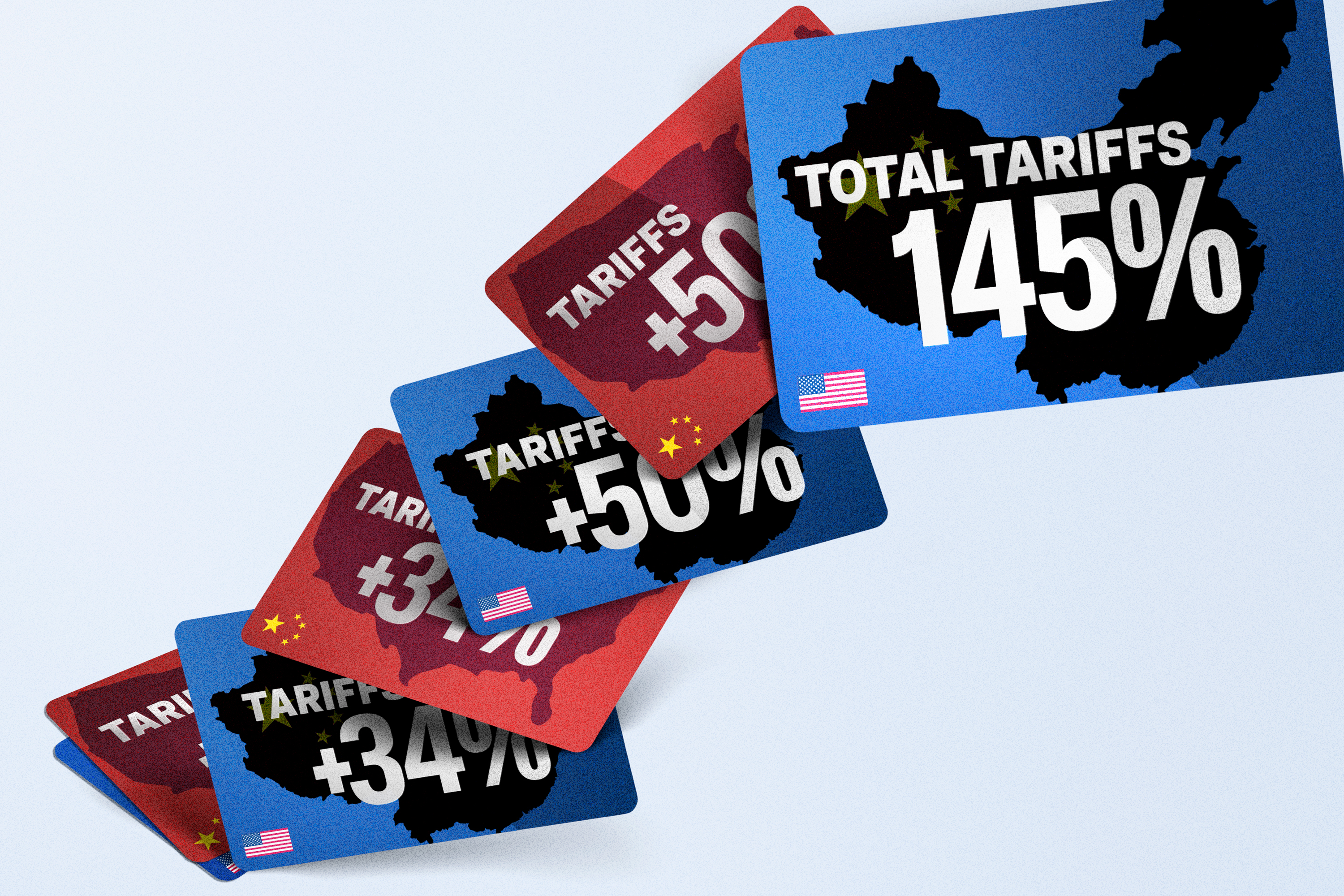News Analysis
After days of breakneck tariff escalations between the United States and the Chinese regime, the two countries have entered a new era of heightened confrontation and decoupling.

After days of breakneck tariff escalations between the United States and the Chinese regime, the two countries have entered a new era of heightened confrontation and decoupling.